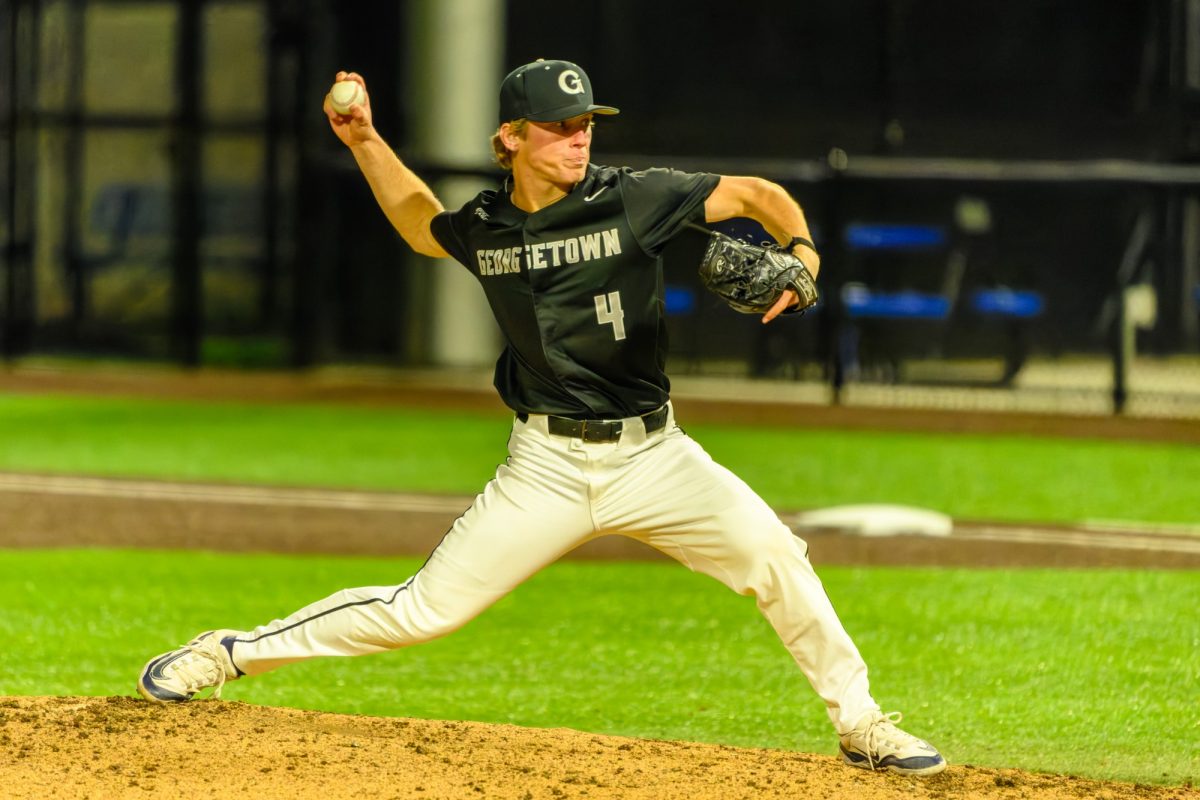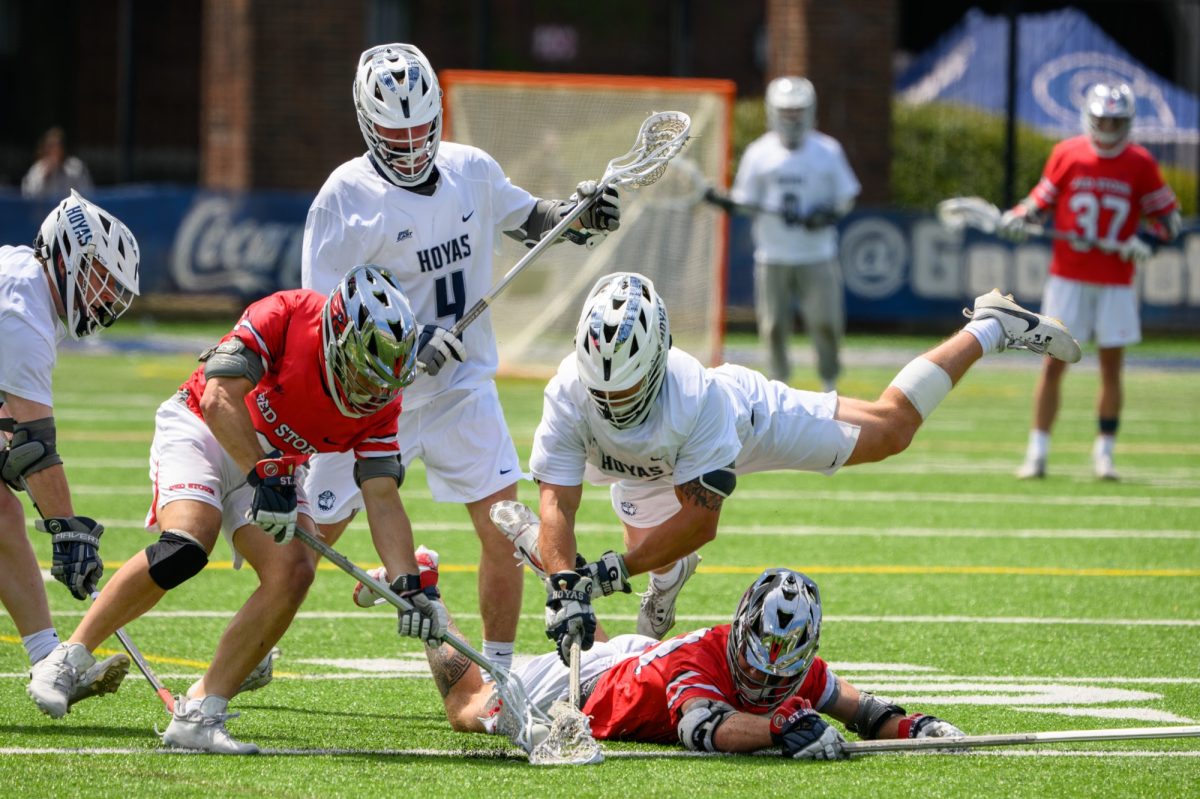Chicago State University is struggling to stay afloat. When the women’s basketball team head coach Angela Jackson calls recruits, she usually hears surprised responses. Most recruits are shocked that the school is still open and that it continues to host a women’s basketball team.
As the only predominantly black university in Illinois, Chicago State University has been a lifeline for many low-income students, particularly African Americans who grew up on the South Side of Chicago. Basketball is a way to get many of them through college. Whether they came from junior colleges, started a family or could not afford to attend school previously, plenty of players have turned to CSU.
Though the university’s 150th anniversary quickly approaches, CSU faces the risk of shutting down for good. State funding runs out in March due to a budget standoff that leaves public universities without state money for over six months. This is problematic considering that 30 percent of Chicago State’s funding is from the state, and 70 percent of students relied on financial aid in 2013 according to Shannon Ryan of Chicago Tribune.
The athletic department has suffered from state funding cuts. Lacking sufficient funding, the program operates on $5.6 million, according to The New York Times. Compared to the $9 million paid to Michigan football’s head coach Jim Harbaugh, this is hardly enough to cover costs. Many employees have had to rely on student fees, money from games and other non-state funds to pay their salaries, and head coaches may not even see a paycheck beyond this year.
The financial situation of Chicago State burdens not only the administration, but also the athletes. They do not receive equipment, they have to rely on cafeteria food during breaks and their overall motivation is lagging. The women’s basketball team went 0-24 this season. Last week, they came very close to securing a huge upset against New Mexico State — the WAC’s top team — only to lose their edge in the final quarter and face defeat once again. This lack of success, combined with the financial straits the school faces, concerns many players with Chicago State’s uncertain future as a basketball program and as a university.
Tracy Dildy, head coach of the men’s basketball team and interim president, said in an interview with the Chicago Tribune that several of the current male players might have been in trouble if not for the basketball program.
“These guys wouldn’t only be part of unemployment [statistics] but ones caught in something illegal or involved in life-or-death situations,” Dildy said.
Freshman guard Delundre Dixon grew up with a father that went to jail for selling drugs and has described basketball as his refuge.
“Everything I saw [growing up] was violence or drugs. … This is our getaway. This is our sanctuary. Chicago State and the basketball program let us see the world,” Dixon said.
Without it, he and many others have limited options. Most players have neither the resume to play for another school, nor have the money to afford an education without a scholarship.
Despite all the trouble the school faces, the university’s officials intend to keep sports around and to have them play a key role in revitalizing Chicago State University. There have been talks of adding a non-scholarship football team, a marching band and club sports in an effort to attract more students. The coaches are hopeful that such moves will keep the school in business to continue serving the population it does.
“You hear people talking about Black Lives Matter, but the action of some of the people in political positions aren’t supporting that,” Dildy said.
By keeping the university open, the state would keep providing invaluable opportunities to low-income people who could not otherwise afford a college education or see the world. It is vital that such programs continue to be supported because they can play a pivotal role in the lives of many.
“Closing the school would leave a lot of us damaged. To get an opportunity like this and then get sent right back, that’s the worst thing except death,” Dildy said.
 Sinead Schenk is a senior in the College. A Level Playing Field appears every other Tuesday.
Sinead Schenk is a senior in the College. A Level Playing Field appears every other Tuesday.














